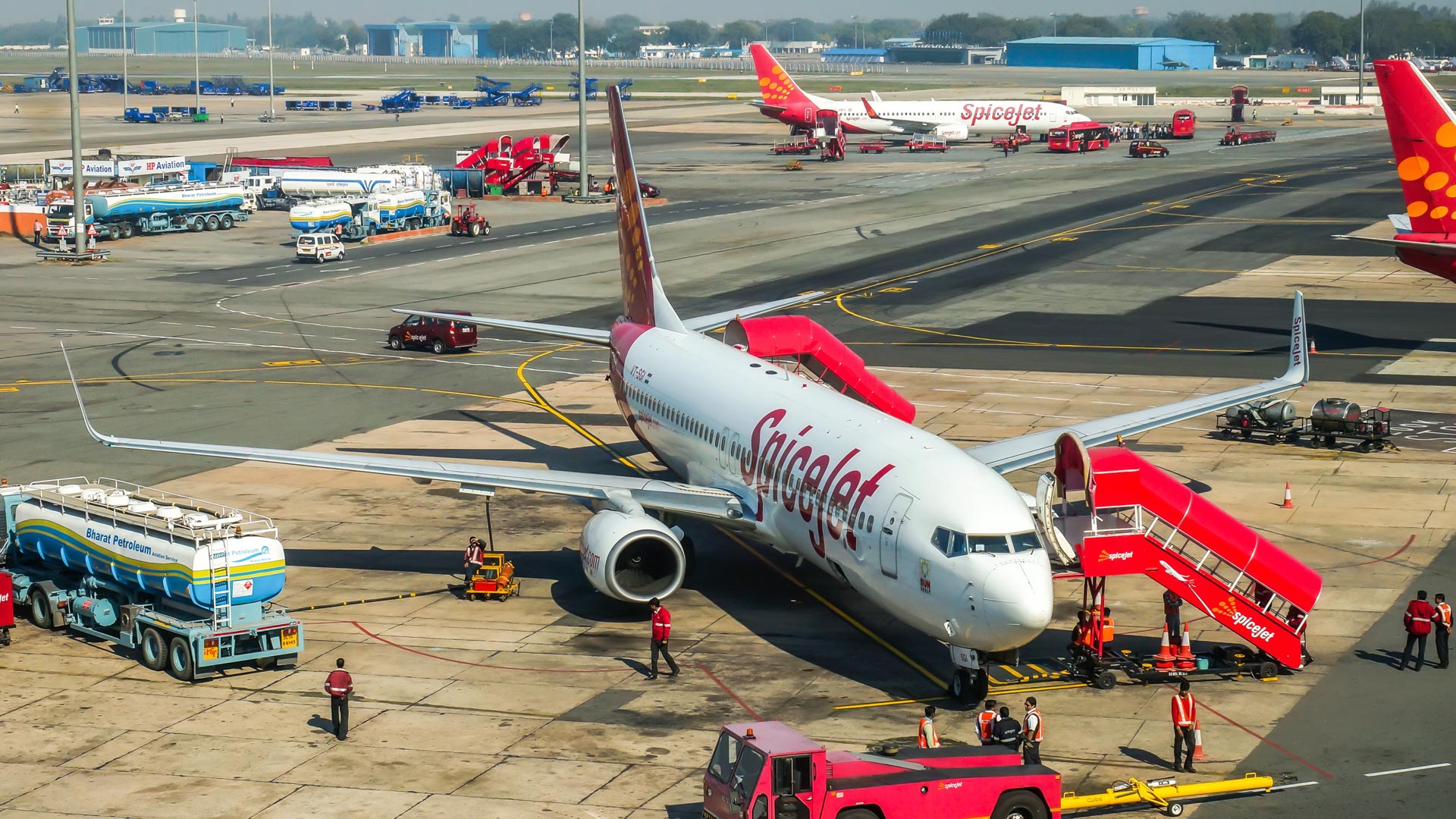On April 30, the English High Court handed down a summary judgement in the case of certain subsidiaries owned, or managed, by Goshawk and Indian low-cost carrier SpiceJet (Wilmington Trust SP Services (Dublin) Ltd & Ors v SpiceJet Ltd (2021) EWHC 1117 https://www.bailii.org/ew/cases/EWHC/Comm/2021/1117.html), which highlights a number of interesting legal points for lessors and lessees during this time of crisis.
SpiceJet leased three aircraft from Goshawk (or Goshawk managed companies) – one 737-800 (msn 41397) and two 737-MAX8s (msn 64507 and 64509) – on industry standard lease terms (including “hell or high water” and “set-off” provisions). After the airline fell behind on payment of rent for the aircraft (as a result of a combination of both COVID-19 travel restrictions and the grounding of Boeing MAX 8 aircraft following two fatal crashes), Goshawk applied for summary judgment on its claims for arrears.
Before the pandemic crisis, most summary judgement claims for similar cases had been granted to lessors almost as a matter of course. Despite the spectre of COVID-19 and MAX grounding, and save for its claim for restoration of the security deposit in relation to MSN 41397 (which the judge advised need to be heard at a full trial), Goshawk was granted summary judgment in relation to its claims for arrears on all three of the aircraft. Unusually the court also ruled that execution of the judgment should be stayed for a short period of time to allow for ADR/a mediation to take place.
The Deputy High Court Judge, Julia Dias QC, ruled that the stay of execution was granted for the claim concerning the two MAX 8 aircraft because forcing the airline to pay in its current “parlous financial state” may “tip it over the edge into insolvency at the very time that there is some small indication that it may be able to trade its way out of difficulty if given enough time” and that insolvency would be contrary to Goshawk’s own interests. Moreover, the judge stated that SpiceJet’s ability to pay rent under the lease agreements was “wholly dependent on its ability to operate the aircraft and, through no fault of its own, the wholly unforeseeable "double whammy" of Covid and the MAX 8 tragedies now renders it unable to fly MSN 64507 and MSN 64509 at all and able to operate MSN 41397 only to a very limited and unprofitable extent”.
Therefore, the judge ruled that “execution of all judgments is to be stayed for a period to allow the parties to undertake mediation or some other form of alternative dispute resolution and, in the case of the First Claimant's claim, at least until trial of the remaining claims and cross-claims between the parties”.
Previously there was the assumption that a hell or highwater lease meant that an airline must pay the rent owed, with no obligation for the lessor to renegotiate a deal. In this case, the lessor has been ordered to negotiate.
As a first impression, this stay of execution in the summary judgment seems to have limited practical benefit for Goshawk since it has sent the issue back to the negotiation table; however, for the lessor, the stay (which is a short term case management decision) is only a matter of weeks in duration and, should the parties fail to reach an agreement, the parties will go back to court, the stay lifted and the summary judgement enforceable.
The short-term stay of execution provides breathing room for the airline and forces further, and perhaps more realistic, negotiations between parties.
In one sense, this case demonstrates the stresses that are playing out across the whole aircraft leasing industry. Lessors have been working tirelessly with airlines to grant various forbearance; however, lessors can only help so much and it is likely that many more disputes will result in court actions and indeed more negotiations.
This ruling recognises the pressures airlines are under due to the impact of the restrictions placed on air travel around the world, but it also considers the impact of the MAX grounding on airlines for the first time. The fact that the court granted the summary judgement on the MAX aircraft in favour of the lessor, shows that legally the grounding of the MAX does not impact the Hell of High Water provisions in the lease agreement and, more generally, the judgment provides clarity that, despite these crises, a summary judgment can be an effective solution to addressing lease payment arrears. The same is true of the pandemic, although the potential for a short term stay of execution pending completion of mediation proceedings may be something that lessors need to into account.
Although the stay of execution may be a matter of weeks, it must be remembered that the initial application for summary judgement was made some 16 months ago, with no financial gain to date and the need to again consider a new deal with the lessee. It will be interesting to see how the aviation world reacts to this case and whether subsequent cases or actions are influenced by this judgement. Although most lessors to date have been working with airlines to broker new lease arrangements, this case shows that lessors should carefully consider the decision to escalate matters beyond negotiations or risk a year or more in court only to be directed back to the negotiation table.

